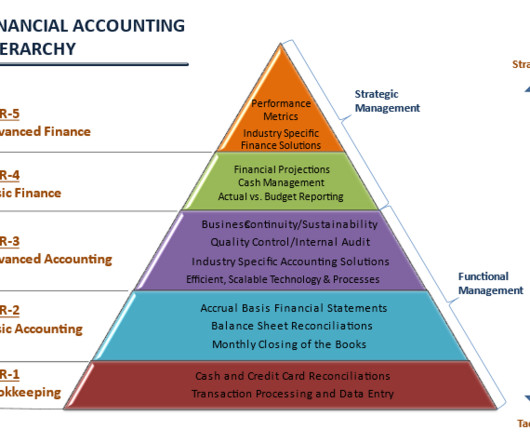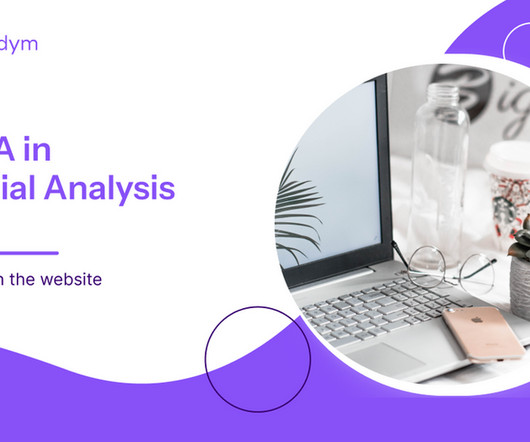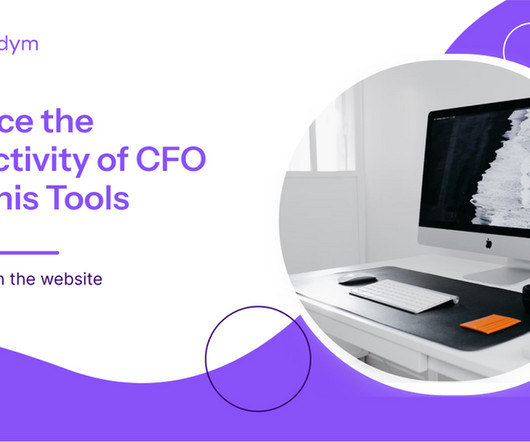Financial Accounting Hierarchy - By JP Puchulu
Boston Startup CFO
APRIL 3, 2023
Financial accounting: A topic that can easily disorient even the most driven entrepreneurs. However, don't undervalue the significance of comprehending finance for your startup's survival. Fortunately, we present you with a compass – a diagram that demystifies the functions of financial accounting.

















Let's personalize your content